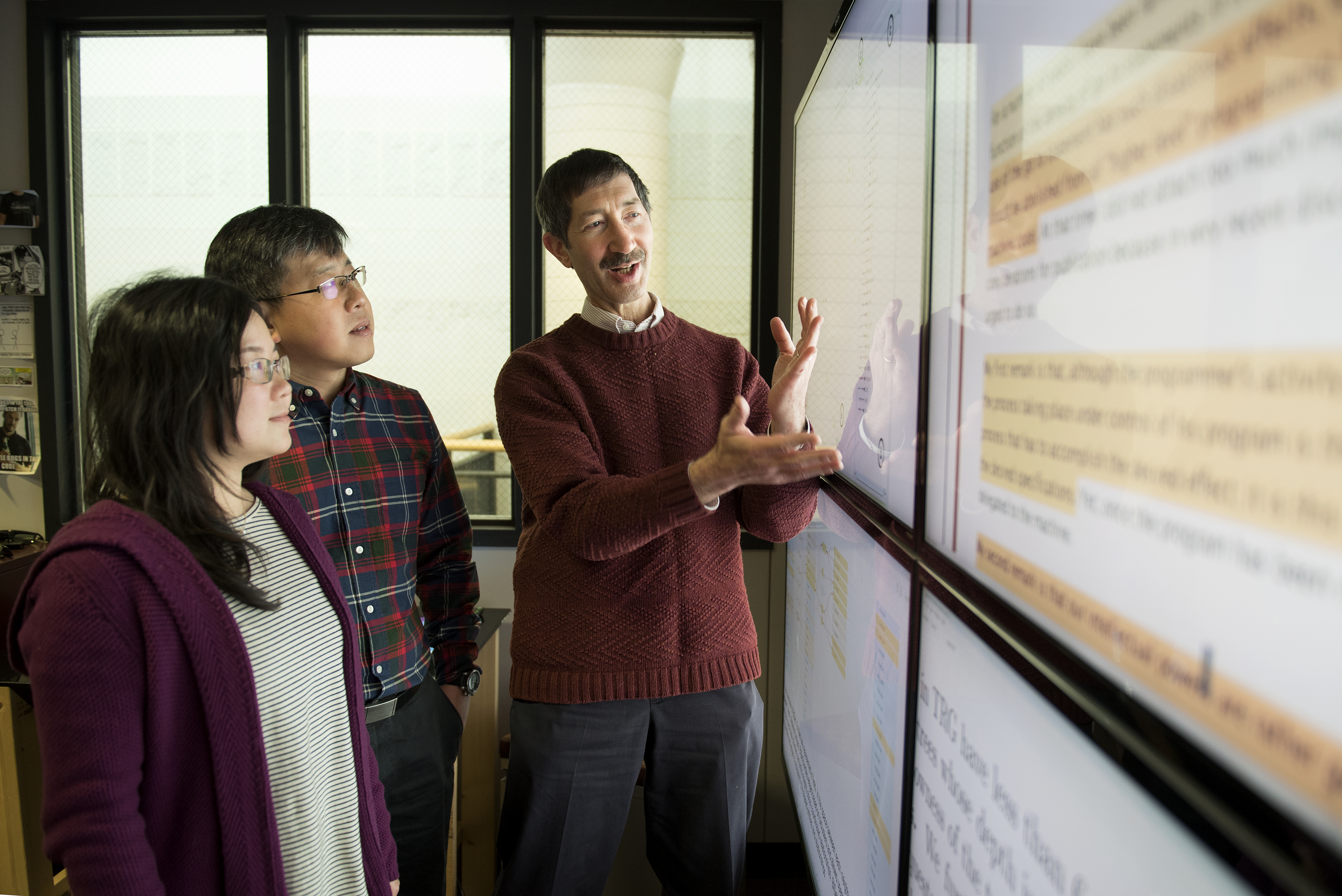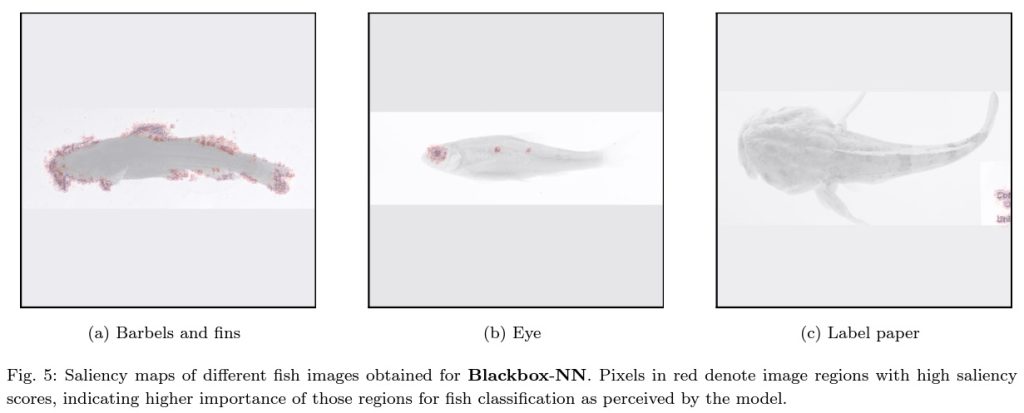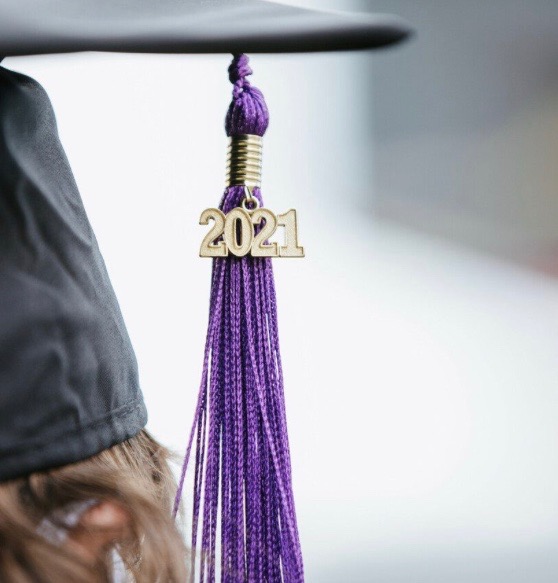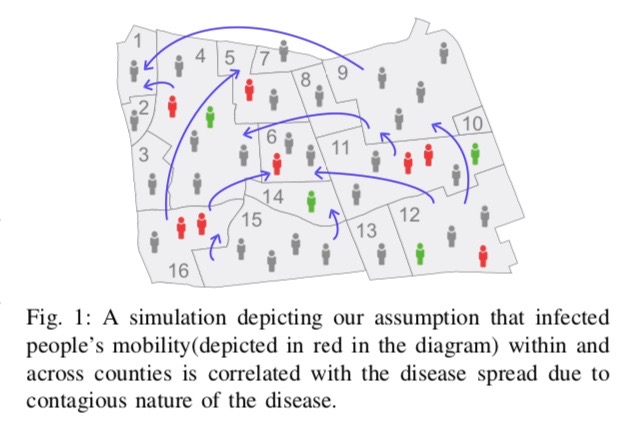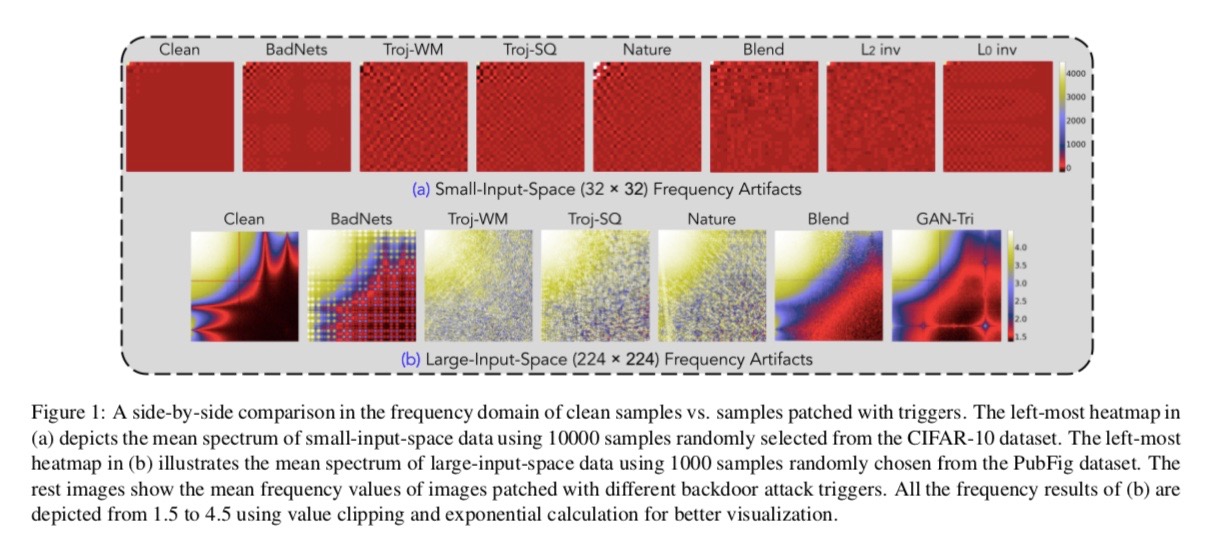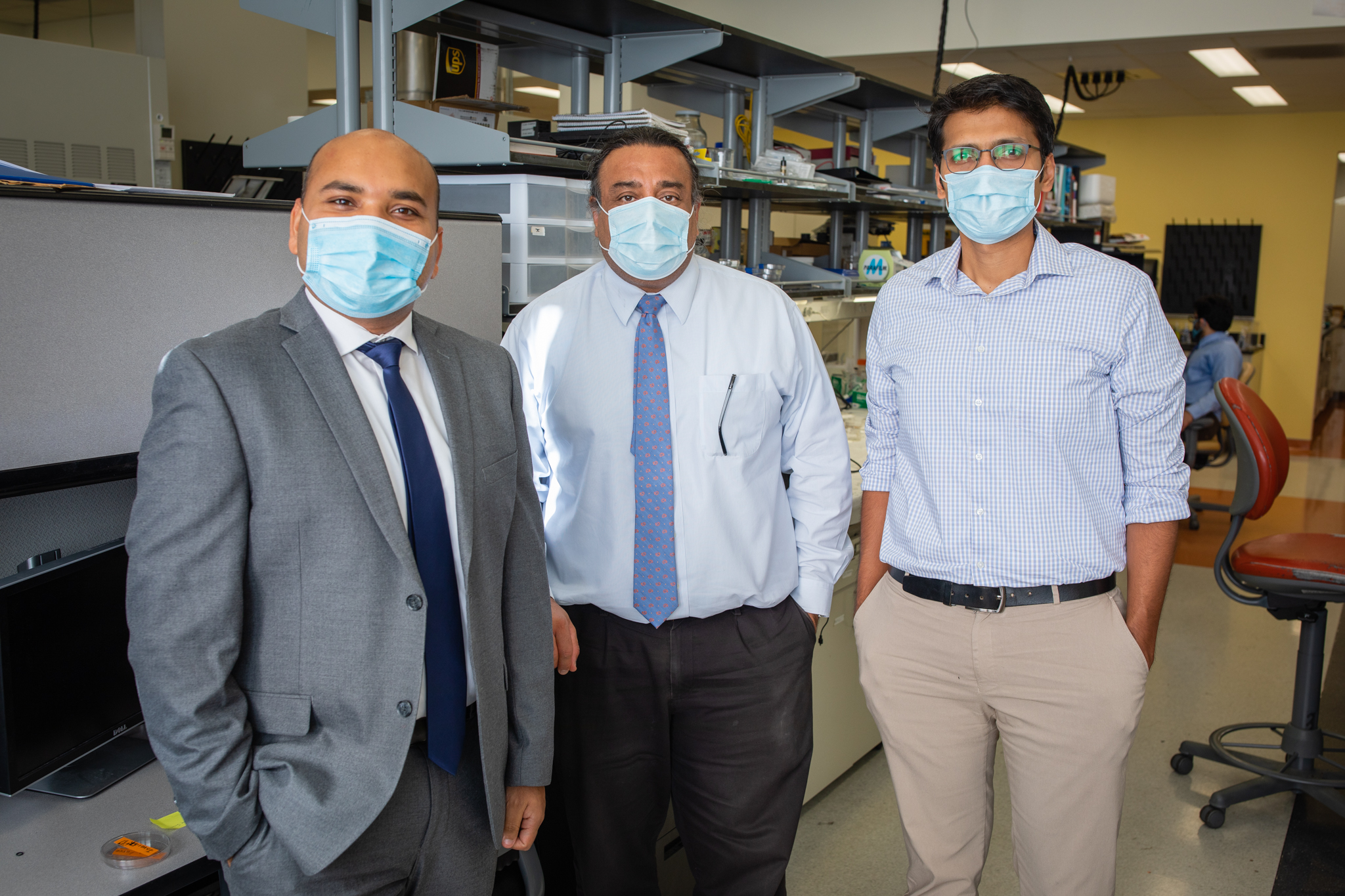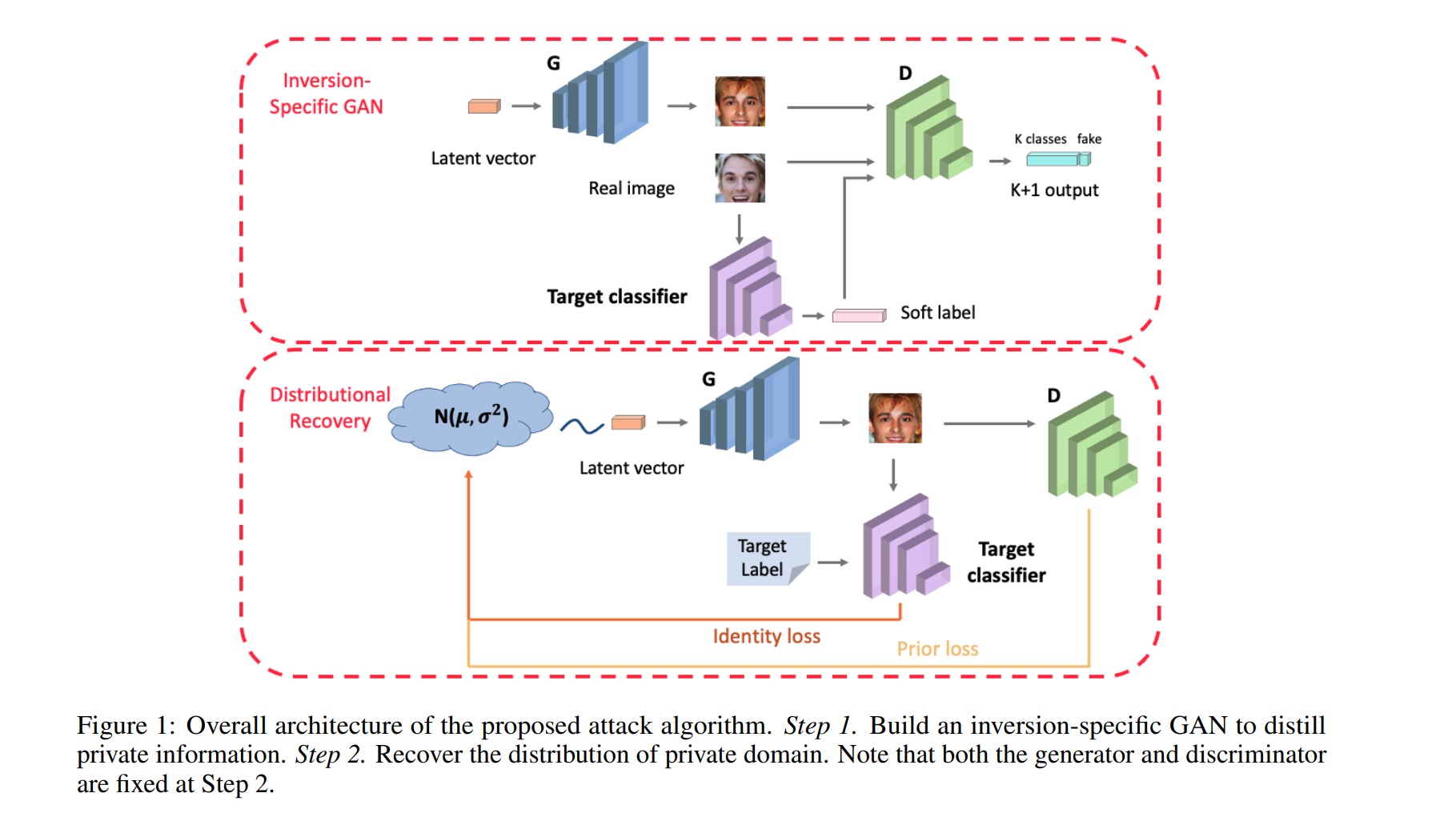Ismini Lourentzou awarded NSF grant to develop infrastructure for more effective AI in U.S. manufacturing industry

Because artificial intelligence benefits from training on large datasets, trying to implement AI within the U.S. manufacturing industry poses a critical problem, according to Ismini Lourentzou, assistant professor in the Department of Computer Science and faculty at the Sanghani Center for Artificial Intelligence and Data Analytics. “Manufacturers not only tend to be slow and repetitive with data collection efforts, but they typically keep their data secret and partnerships are rare,” she said.
Lourentzou was recently awarded an EArly-concept Grant for Exploratory Research (EAGER) from the National Science Foundation for a project, Cost-sensitive Federated AI for Smart Manufacturing Data-Sharing, to develop a manufacturing service infrastructure that would encourage U.S. manufacturers to accelerate the use of AI in smart manufacturing and exchange data with trusted partners.
Continue reading…